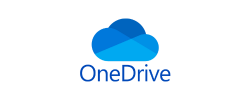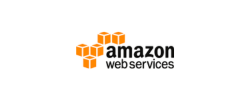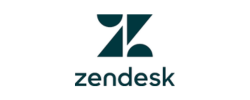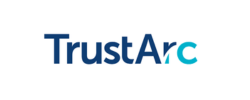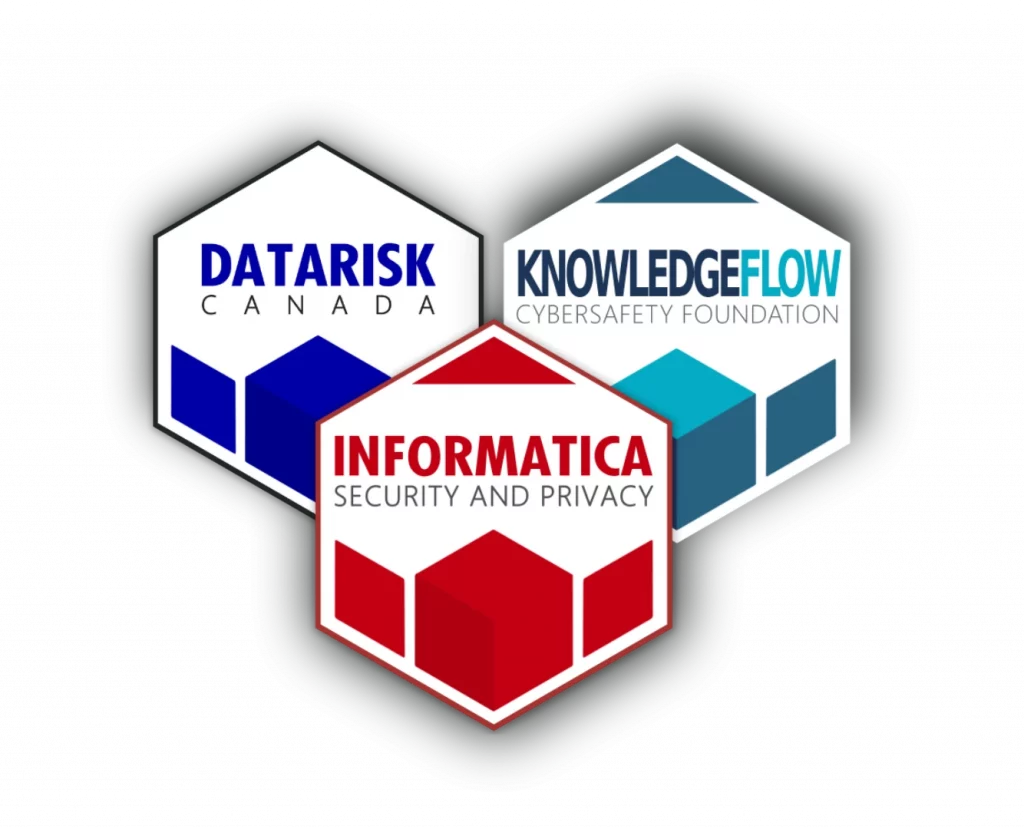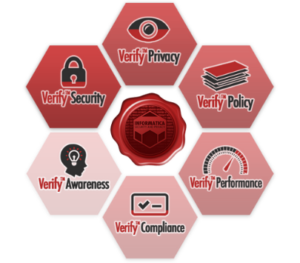Cyber-Insurance | “Best practices” Required to Qualify
In recent years, cybersecurity breaches have become an alarming issue for Canadian companies, with 16% of them reporting breaches in 2022 and large organizations facing double the breaches at 37%. With the prospect of tightening privacy compliance regulations and fines reaching $10 million, organizations must invest in cybersecurity, cyber-insurance and privacy compliance management. This blog post will discuss the gaps in Canadian firms’ ability to prevent and detect cybersecurity incidents and explore strategies for standardizing their approach to managing cyber risk.
The disparity in cybersecurity breaches between large and small organizations highlights a concerning gap in Canadian firms’ ability to prevent and detect incidents. This gap can be attributed to weak cybersecurity and privacy compliance management. To address this issue, Canadian companies can standardize their approach to managing cyber risk and increasing their cyber-insurance through the following methods:
Best Practices for Improving your Cyber-Insurance:
- Implement multifactor access to key systems and applications: By adding an extra layer of security through multifactor authentication, companies can ensure that only authorized users access sensitive data and systems.
- Encrypt sensitive and confidential data end-to-end: Protecting data both at rest and in transit with encryption can prevent unauthorized access and data breaches.
- Provide effective training for employees and management: Regular training on cybersecurity best practices and privacy compliance can help employees identify potential threats and reduce the risk of human error.
- Invest in cyber technologies and innovations: Staying up-to-date with the latest cybersecurity solutions can help companies stay ahead of emerging threats and improve their overall security posture.
- Engage certified expertise: Working with cybersecurity professionals can ensure that companies have access to the necessary expertise to develop and maintain robust security measures.
Trusted advisors such as accounting firms, law firms, and other professional services play a vital role in helping Canadian companies navigate the complexities of cybersecurity and privacy compliance. By utilizing the expertise of companies like Datarisk and Managed Privacy Canada, these advisors can help companies effectively manage risk. These unique, mobile-friendly tools offer timely alerts, effortless initiation of security scans and privacy audits, and access to on-demand support from dedicated risk advisors.
The FlexSecure Partner Program allows professionals and advisory firms to join forces in providing comprehensive cybersecurity and privacy compliance services to their clients. The Datarisk Verify Audit Portal and Managed Privacy Canada’s Privacy Dash are available at a discounted rate for Canadian businesses until March 31, 2023.
In conclusion, the growing number of cybersecurity breaches in Canadian companies highlights the urgent need for improved security management and privacy compliance. By investing in robust cybersecurity measures and working with trusted advisors to develop a standardized approach to managing cyber risk, Canadian companies can protect themselves from costly fines and secure their supply chains and client bases. Professional services, accounting, and law firms are encouraged to register and qualify as Authorized Privacy and Security Partners through the FlexSecure Partnership Program on www.SecurityandPrivacy.ca, helping Canadian businesses improve their cybersecurity posture, cyber-insurance and navigate the complexities of privacy compliance.




